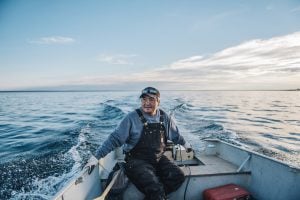
Environment
Inside the fight to protect the Arctic’s “Water Heart”
How the Sahtuto’ine Dene of Déline created the Tsá Tué Biosphere Reserve, the world’s first such UNESCO site managed by an Indigenous community
- 1693 words
- 7 minutes
People & Culture
As Canada’s first Independent Special Interlocutor for Missing Children, Unmarked Graves and Burial Sites associated with former Residential Schools, Kimberly Murray discusses her new role and how she endeavours to support communities searching for their missing children and seeking justice for the children, families and communities
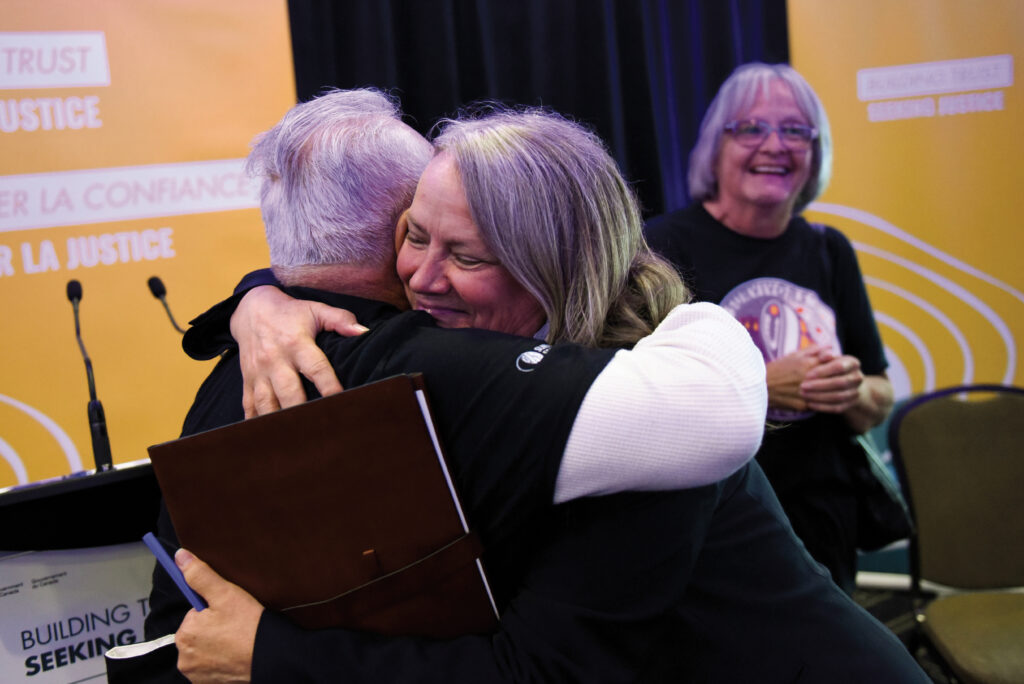
“Many people have said this was genocide. Justice Sinclair says it’s genocide. The former Chief Justice of the Supreme Court has called it genocide. So how do we investigate that? What are the patterns that we see from Residential School to Residential School in relation to the deaths of the children, and who do we hold accountable for that?”
Kimberly Murray is our guest on this episode of Explore. She is Canada’s first Independent Special Interlocutor for Unmarked Graves and Burial Sites Associated with Former Residential Schools.

When hundreds of potential unmarked burial sites of children were found on the grounds of the former Kamloops Indian Residential School, it shocked Canadians and the world. Searches began across the country at dozens of sites of former Residential Schools, where thousands of children died in abusive environments after being torn away from their families in a government effort to wipe out Indigenous culture.
Kimberly Murray’s job is to help make the process of finding unmarked graves and identifying lost children easier for Indigenous communities across the country. And as she discusses in this interview, in her new role she is also seeking ways to bring those responsible for the abuse and deaths of these children to justice. This includes a possible special prosecutor, and people trained in investigations of genocide.
Kimberly Murray is the former Executive Director of the Truth and Reconciliation Commission of Canada. She was the Province of Ontario’s first ever Assistant Deputy Attorney General for Indigenous Justice. And most recently she led the search for unmarked graves at the Six Nations of the Grand River, working to recover the missing children and unmarked burials at the Mohawk Institute.
She is a proud member of the Kahnesatake Mohawk Nation.
Editor’s note: The subject matter discussed in this episode may be distressing or triggering for some listeners. If you are a residential school survivor in distress or have been affected by the residential school system and need help, contact the 24-hour Indian Residential Schools crisis line toll-free at 1-866-925-4419.
Are you passionate about Canadian geography?
You can support Canadian Geographic in 3 ways:

Environment
How the Sahtuto’ine Dene of Déline created the Tsá Tué Biosphere Reserve, the world’s first such UNESCO site managed by an Indigenous community
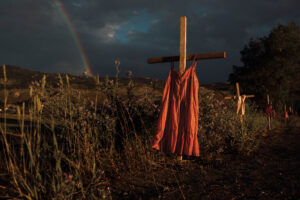
People & Culture
Indigenous journalists are creating spaces to investigate the crimes committed at Indian residential schools, grappling with unresolved histories and a reckoning that still has a long way to go
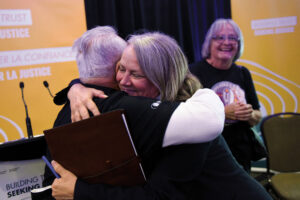
People & Culture
The recently-appointed special interlocutor discusses the respectful treatment of unmarked graves and burial sites associated with former Indian residential schools
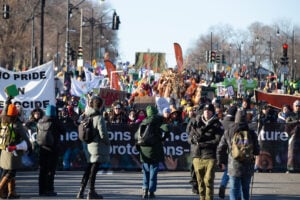
People & Culture
Indigenous knowledge allowed ecosystems to thrive for millennia — and now it’s finally being recognized as integral in solving the world’s biodiversity crisis. What part did it play in COP15?